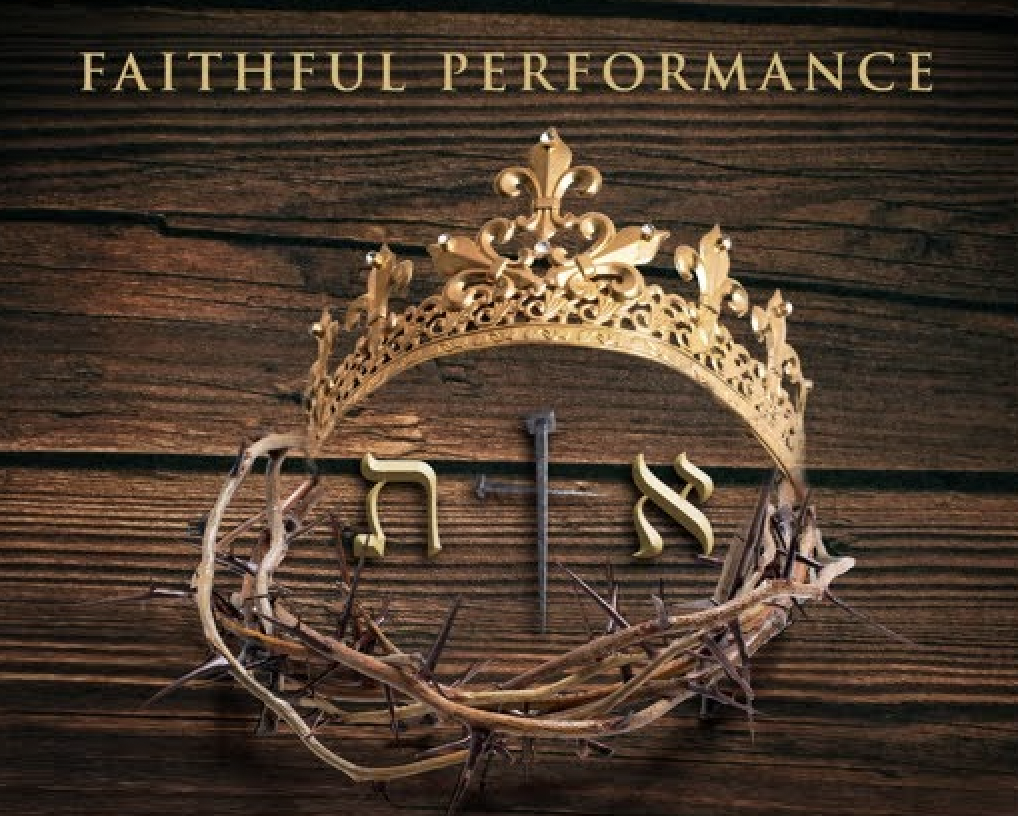19 Sep The Mystery of Tammuz 17th
Hello Friends,
The 17th day of Tammuz (Shivah Asar B’ Tammuz), is a Jewish fast day, that holds significant historical meaning to the children of Israel, including the holy city of Jerusalem. It occurs exactly forty days after the Feast of Shavuot (Pentecost), which is when the Holy Spirit was poured out in Jerusalem (Acts 2). In fact, Zechariah 8:19 states that it is “the fast of the fourth month (Tammuz).”This solemn infamous biblical date falls on the 17th day of the 4th Hebrew month of Tammuz, which this year is July 23, 2016. In Judaism, Tammuz 17th is the beginning of a three-week mourning period called the “Three Weeks of Sorrow” that ends on the 9th day of Av (August 13th), the most infamous, cursed day in Jewish history. This period of the Hebrew calendar is a time for mourning and grieving for the Jewish people.
Tammuz 17th was cursed in Jewish history when Moses broke the Ten Commandment tablets because the children of Israel made a golden calf. Forty days earlier, Moses had ascended Mount Sinai on Shavuot (Pentecost), where he received the Ten Commandments from the Almighty. While Moses was gone, the Israelites were impatient on his return from the mountain, so they made the golden calf. When Moses came down from Mount Sinai and saw the children of Israel disobeying God’s laws with idolatry and other sins, he broke the tablets.
Deuteronomy 9:9-17, “When I was gone up into the mountain to receive the tables of stone, even the tables of the covenant which the Lord made with you, then I abode in the mountain forty days and forty nights, I neither did eat bread nor drink water: And the Lord delivered unto me two tables of stone written with the finger of God; and on them was written according to all the words, which the Lord spake with you in the mountain out of the midst of the fire in the day of the assembly. And it came to pass at the end of forty days and forty nights, that the Lord gave me the two tables of stone, even the tables of the covenant. And the Lord said unto me, Arise, get thee down quickly from hence; for thy people which thou hast brought forth out of Egypt have corrupted themselves; they are quickly turned aside out of the way which I commanded them; they have made them a molded image. Furthermore the Lord spake unto me, saying, I have seen this people, and, behold, it is a stiffnecked people: Let Me alone, that I may destroy them, and blot out their name from under heaven: and I will make of thee a nation mightier and greater than they. So I turned and came down from the mountain, and the mountain burned with fire: and the two tables of the covenant were in my two hands. And I looked, and, behold, you had sinned against the Lord your God, and had made you a molded calf! You had turned aside quickly out of the way which the Lord had commanded you. And I took the two tables, and cast them out of my two hands, and broke them before your eyes.” (See Exodus 32 for the full story of Israel’s golden calf)

Events that have occurred on the 17th day of Tammuz:
1. Noah sent the first dove out on this day to see if the waters had receded.
Genesis 8:6-8, “So it came to pass, at the end of forty days, that Noah opened the window of the ark which he had made. Then he sent out a raven, which kept going to and fro until the waters had dried up from the earth. He also sent out for himself a dove, to see if the waters had receded from the face of the ground.”
2. During the 1st temple era (Solomon’s temple), the priests were forced to stop the daily sacrifice required by the Torah. This was due to the shortage of sheep during Nebuchadnezzar’s (Babylonian Empire) siege of Jerusalem. The following year, 586 BC, the Babylonians breached the walls of Jerusalem and completely destroyed Jerusalem and the temple on the 9th of Av, the most cursed day in Jewish history.
Jeremiah 1:14-16, “Then the Lord said to me, Out of the north (Babylon/Iraq) calamity shall break forth on all the inhabitants of the land. For behold, I am calling all the families of the kingdoms of the north,’ says the Lord; ‘They shall come and each one set his throne at the entrance of the gates of Jerusalem, against all its walls all around and against all the cities of Judah. I will utter My judgments against them concerning all their wickedness, because they have forsaken Me, burned incense to other gods, and worshiped the works of their own hands.’”
3. The walls of the second temple in Jerusalem were breached by Roman General Titus. Messiah prophesied about the Roman destruction of Jerusalem and the Temple.
Matthew 24:1-3, “Then Jesus went out and departed from the temple, and His disciples came up to show Him the buildings of the temple. And Jesus said to them, ‘Do you not see all these things? Assuredly, I say to you, not one stone shall be left here upon another, that shall not be thrown down.’”
Matthew 23:37-39, “O Jerusalem, Jerusalem, the one who kills the prophets and stones those who are sent to her! How often I wanted to gather your children together, as a hen gathers her chicks under her wings, but you were not willing! See! Your house is left to you desolate; for I say to you, you shall see Me no more till you say, ‘Blessed is He who comes in the name of the Lord!”
Luke 19:41-44, “Now as He drew near, He saw the city and wept over it, saying, ‘If you had known, even you, especially in this your day, the things that make for your peace! But now they are hidden from your eyes. For days will come upon you when your enemies will build an embankment around you, surround you and close you in on every side, level you, and your children within you, to the ground; and they will not leave in you one stone upon another, because you did not know the time of your visitation.‘”
Forty years after Messiah’s prophecies, Roman General Titus breached the walls on Tammuz 17th, 70AD, and the 2nd temple was destroyed three weeks later, which again, occurred on the 9th of Av.
Other Events on the 17th of Tammuz:
4. During the Roman persecution and occupation, the Romans erected an idol in the holy sanctuary of the temple. This is considered blasphemy and an abomination for desecrating God’s holy temple.
5. Apostomos, whom the Jerusalem and Babylonian Talmud refers to as Antiochus Epiphanies IV, publicly burned the Torah and desecrated the temple by setting up an idol.
6. In 1239, Pope Gregory IX ordered the confiscation of all manuscripts of the Talmud.
7. In 1391, more than 4,000 Jews were killed in Toledo and Jaen, Spain.
8. In 1559, the Jewish Quarter of Prague was burned and looted.
9. In 1944, the entire population of the Jewish Kovno ghetto was sent to death camps.
10. In 1970, Libya ordered to confiscate Jewish Property.
The 17th day of Tammuz begins what is known as the “Three Weeks of Sorrow” that ends on the 9th day of Av (August 13). It is a solemn time for the Jewish people who reflect on the history of these catastrophic events. The Torah portion for Tammuz 17th is Exodus 32:11-14, 34:1-10, where Moses appeals to God’s mercy after the sin of the golden calf. God honors Moses request because of His everlasting promise to Abraham, Isaac, and Jacob (Abrahamic Covenant). Also, the “Three Weeks of Sorrow” (Tammuz 17th to the 9th of Av) is referred to as “the days in the midst of distress,” in reflection and remembrance of both temples being destroyed (586 BC, 70AD). Additionally, it is a time for grieving the Holocaust, because if the Babylonian (586 BC) and Roman (70AD) exiles from the Promised Land had never occurred, most likely the Holocaust would not have either. Please join us in prayer for the holy city of Jerusalem and the children of Israel during this time. Amen, Amen, and Amen!





Sorry, the comment form is closed at this time.